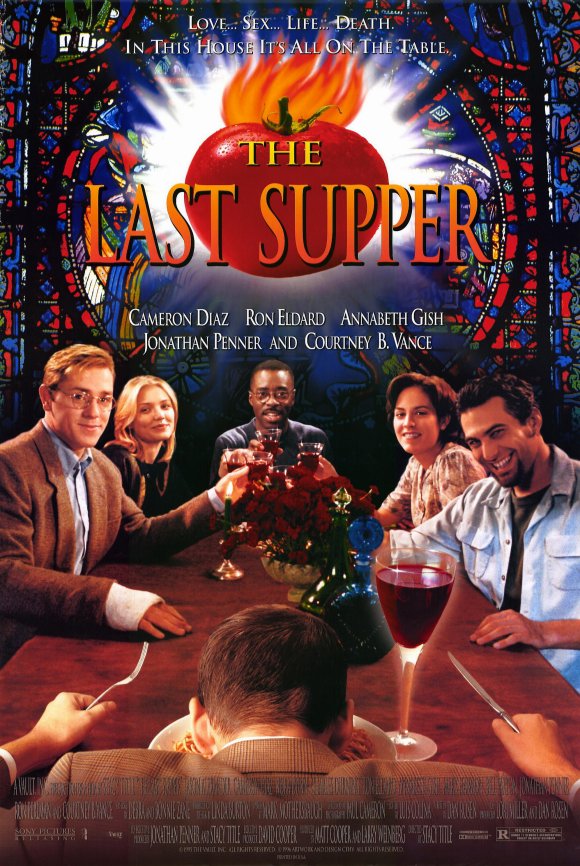
| None | Light | Moderate | Heavy | |
|---|---|---|---|---|
| Language | ||||
| Violence | ||||
| Sex | ||||
| Nudity |
Content:
(RoRo, FeFe, FRFR, B, L, V, D, M) Strong Romantic worldview sends the message that traditional society and moral absolutes stifle the individual, combined with feminist sentiments about women being allowed to make any choices they wish, including morally questionable ones, and combined with antinomian religious elements, which represent a false religion of cheap grace as well as some very brief moral references to God; two light profanities (“I swear to God”); image of blood-soaked mattress where shotgun murder has occurred, screaming arguments, slap, and mentally disturbed woman holds shotgun while talking with people, who, strangely, don’t try to take it away from her; no sex; no nudity; no alcohol; smoking; and, May-September romance, college teacher fails to discipline student who proposes marriage to her and older woman lets herself be inordinately flattered by the romantic attentions of a young man.
GENRE: Drama/Melodrama
RoRo
FeFe
FRFR
B
L
V
D
M
More Detail:
Mihan moves into her father’s old house with her daughter and her housekeeper. Her daughter, who takes her classes, becomes friends with one of her other students, a handsome young man named Mani, but Mani’s romantic interests clearly are for the mother, not the daughter, despite their significant age difference. Mihan tries halfheartedly to discourage the young man, but Mani will not be deterred. Tragedy results.
Movies made in Iran are among the cleanest movies being made today. Very few of them, if any, contain foul language, graphic violence, sex, or nudity. That does not mean, however, that the worldview, philosophy, spiritual themes, socio-political messages, and other moral elements are appropriate. THE LAST SUPPER is a case in point.
Judging from this movie, and the others which MOVIEGUIDE® has reviewed in the last few years, some filmmakers in Iran have rejected the traditional, flawed morality of the Islamic faith, but they have replaced that flawed morality with the flawed immorality of the feminist, politically correct modern world. This is definitely not a positive trend.
In THE LAST SUPPER, the married, feminist-oriented protagonist is not just chafing under the strict, unbiblical Islamic commands that seem to keep many women in the Arab world in chains, she also eventually rejects her society’s social, moral injunctions about proper mother-daughter relationships, proper student-teacher relationships and proper age differences among couples who become romantically involved. Such injunctions are not just cultural conventions, they also speak to an absolute, transcendent, eternal moral order that help all people everywhere avoid destructive mistakes. Tragedy clearly results from the protagonist’s ill-considered decision to marry her student, 21 years her junior, but the movie clearly sympathizes with the doomed couple when she makes that decision.
Thus, THE LAST SUPPER reflects a strong Romantic worldview, despite a brief nod to God in the opening credits. The movie sends the message that traditional society and moral absolutes stifle the individual. The filmmakers combine this message with strong feminist sentiments about women being allowed to make any choices they wish, including morally questionable ones. As such, THE LAST SUPPER appears to reflect a nominal, liberal type of Islam. The Christian Church should reject all such types of liberal, antinomian religious thinking, which, if carried to the extreme, ultimately end in complete lawlessness, or close to it. Such thinking represents a false theology that can harm billions of people, including our children and grandchildren.
Please address your comments to:
Iranian Film Society
3447 Investment Blvd. #1
Hayward, CA 94545
Phone: (510) 888-2226
Fax: (510) 785-8540
Website: www.irfilms.com
Email: info@irfilms.com


 - Content:
- Content: 

